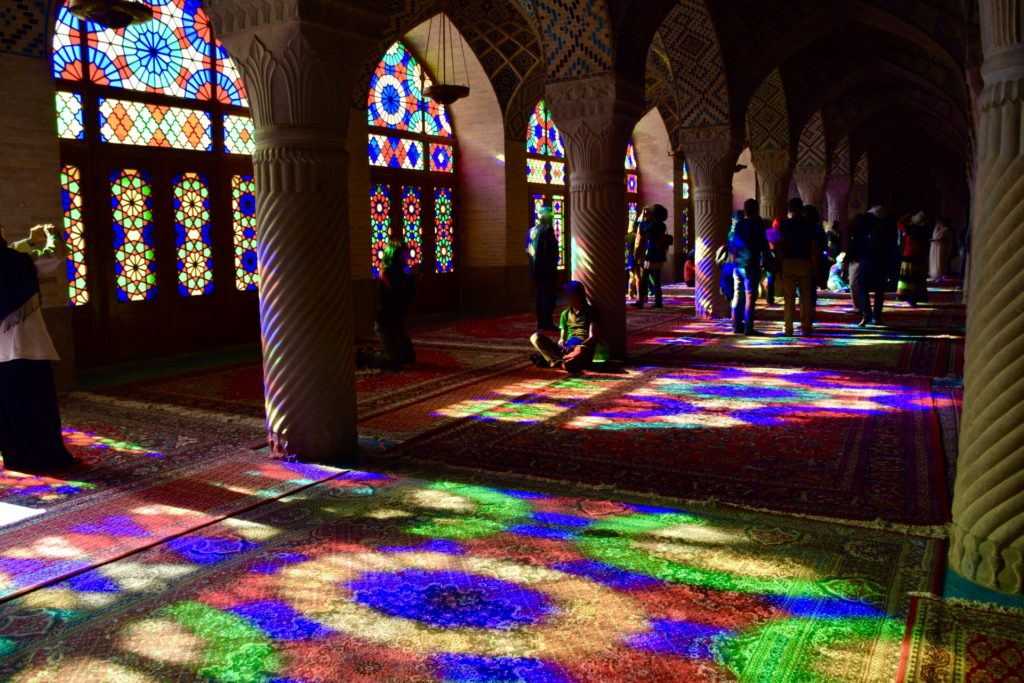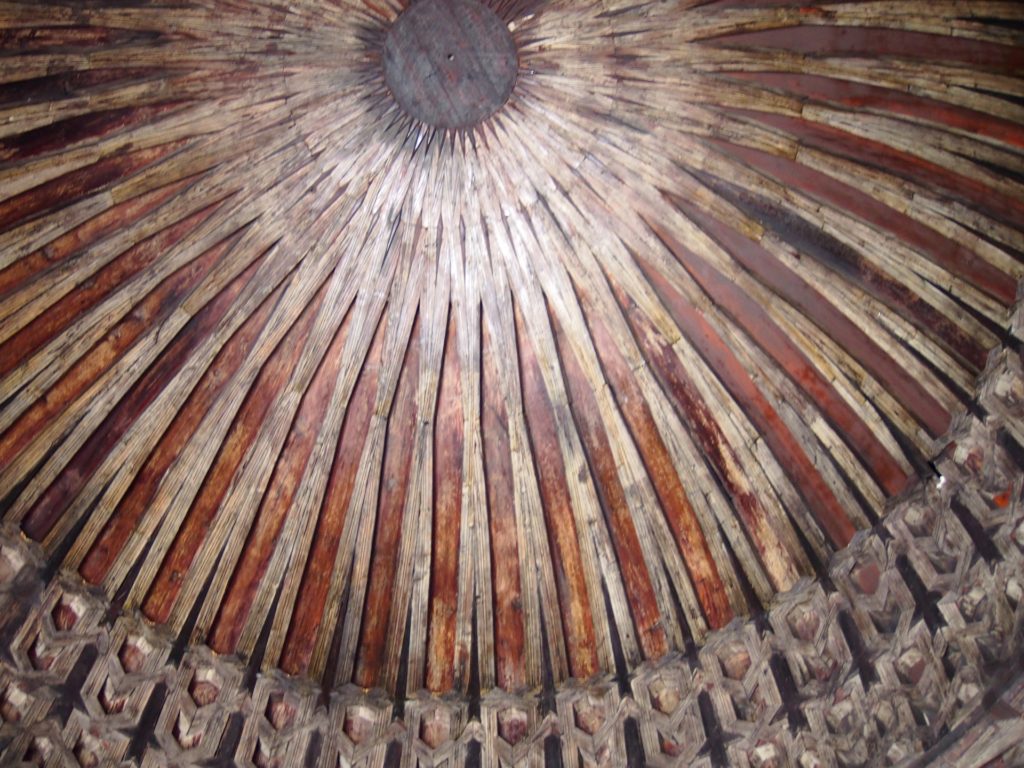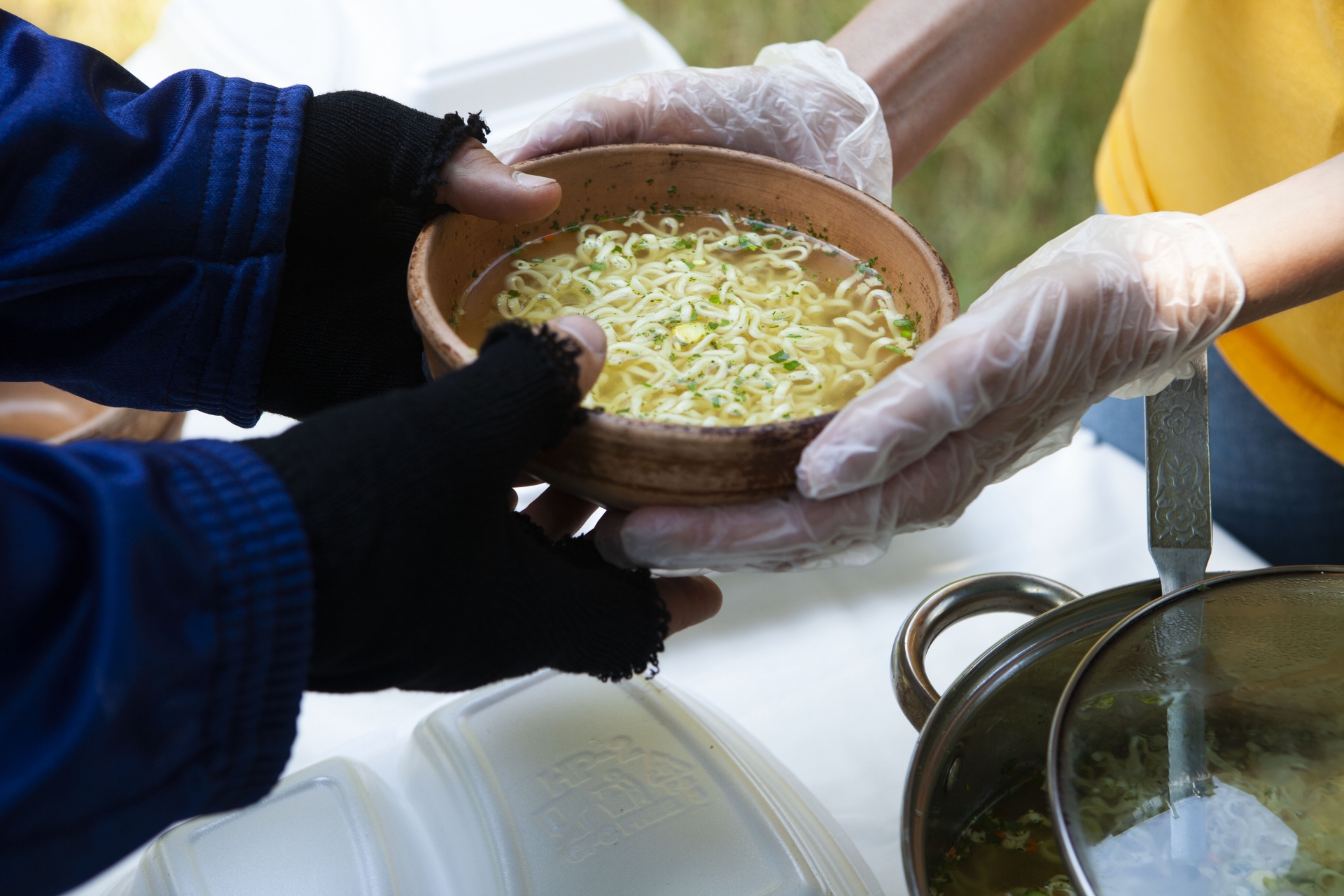イスラム教の教えには以下のような教えがあります。(AL HADITSハディースより)
●本当の裕福とは、財産があることではない。心が富んでいることです。
●争っている人をとめること、(身体の不自由な人や、お年寄りや女性が)乗り物に乗るのを手伝ったり、重い荷物を持ち上げてあげるのも施しの1つです。
●善いことを教えるものは、教えられたものが、その行いによって得る報酬(恵み)と同等の報酬(恵み)得ることができるでしょう。
●善い行いをし、悪い行いをやめなさい。悪い行いをした者には、Allahが苦難を与えることでしょう。その者はどんなに祈っても、もうその祈りが受け入れられることはありません。
1.人を良い方向に導き、善行を心がける。
2.困っている人を助けて、慈善のために費やす。
イスラム教は信仰するだけではなく、学んだ知識を惜しみなく他の人びとに与え、そして実践することを人々に求めています。

イスラムの教えはMuslimだけのためではなく、全ての人に向けられたものです。施しを与える相手は、Muslimだけではありません。預言者ムハンマドは不信仰者にも施しをされました。地域や人種、宗教の壁すらも越え、全ての人々に施しを与えたのです。
寛大なるもの者【Al-Kariiim】
恩恵を与えるもの【Ar-Rauuf】
Allahがもつ99の名前の中に上記のような名前があります。
「見返りを求めず、与える存在」。相手に施しを与えるのに理由は必要ありません。見返りも求めません。与えることに喜びを感じる、その優しさを持つことが善行につながるとされています。
喜捨
イスラム教五行の1つ「喜捨」。日本語で「救貧税」と訳されることもあり、貧しいものを助けるための制度化されています。
日本では寄付と捉えがちですが、喜捨は寄付ではなく「浄め」です。
この世の全てはAllahよって与えられ、決められています。自分たちの富も神から授かったもの。それを喜捨によって返すことで、自分達の過ちが浄められると考えられています。

ザカート(Zakat)
義務の喜捨をザカートと呼びます。
1年間の所得または保有財産のうち(貨幣なら2.5%、家畜なら0.8~2.5%など)決まった割合を喜捨します。
ラマダン開始日からEid(イード)の礼拝前に支払われたものはザカートとして受入られます。
義務が課せられる条件に関しては様々な解釈がありますが、
半個のナツメヤシであっても、施しを与えなさい。たとえ少ない施しであっても、その誠実な心は貴方を地獄の炎から救ってくれるでしょう(AL HADITSハディースより)
という教えから考察すると、年齢・性別・貧富に関わらずザカートの必要はあると考えられます。
サダカ(Sedaqa)
自発的に行う喜捨です。
任意の喜捨のため、期間や額の割合などは決められていません。
金銭や飲食物の提供以外に、困っている人を助ける善行による喜捨、モスクや公共施設の手伝いをするなど労働力を提供する喜捨もサダカにあたります。
インファク(Infaq)
期間や額の割合などは決められていません。サダカとの違いは金銭的喜捨のみをさすところです。

Islamic teachings include: (From AL HADITS)
●True wealth is not about having property. It's about having a rich heart.
● Stopping people who are fighting, helping people with physical disabilities, the elderly, and women to get on the rides, and lifting heavy loads are also examples of charity.
●Those who teach good deeds will receive rewards (grace) equal to those they are taught.
●Do good deeds and stop bad deeds. Allah will bring suffering to those who do bad deeds. No matter how much he prays, his prayers will no longer be accepted.
1. Guide people in a good direction and keep good deeds in mind.
2. Help those in need and spend for charity.
Islam requires people not only to believe, but to generously impart and practice the knowledge they have learned to others.
Islam is not just for Muslims, it is for everyone. Muslims are not the only people to whom we give alms. Prophet Muhammad also gave alms to the unbelievers. He gave alms to all people, transcending regional, racial, and even religious barriers.
Generous One [Al-Kariim]
Blessing [Ar-Rauuf]
Among the 99 names Allah has are names like the one above.
"Existence that gives without asking for anything in return." You don't need a reason to give to others. I don't ask for anything in return. It is said that giving is a joy, and that kindness leads to good deeds.
Charity
Charity is one of the five elements of Islam. Sometimes translated as "poor relief tax" in Japanese, it is institutionalized to help the poor.
In Japan, we tend to think of it as a donation, but charity is not a donation but a "purification".
Everything in this world is given and ordained by Allah. Our wealth is a gift from God. It is believed that by returning it through charity, one's faults can be purified.
Zakat
The obligatory charity is called zakat.
Donate a fixed percentage of your annual income or possessions (2.5% for money, 0.8-2.5% for livestock, etc.).
Anything paid from the start of Ramadan but before Eid prayers will be accepted as Zakat.
There are various interpretations of the conditions under which obligations are imposed.
Give alms, even if it is half a date palm. A sincere heart, even if it is a small handout, will save you from the flames of hell (from AL HADITS )
Considering the teaching, it is considered that zakat is necessary regardless of age, gender, or wealth.
Sedaqa
It is a voluntary donation.
As this is a voluntary donation, there is no fixed period or amount.
In addition to the provision of money and food and drink, charity for good deeds that help those in need, and charity that provides labor, such as helping with mosques and public facilities, are also Sedaqa. Infaq There is no fixed period or amount. The difference from Sadhaka is that it refers only to monetary donations.



